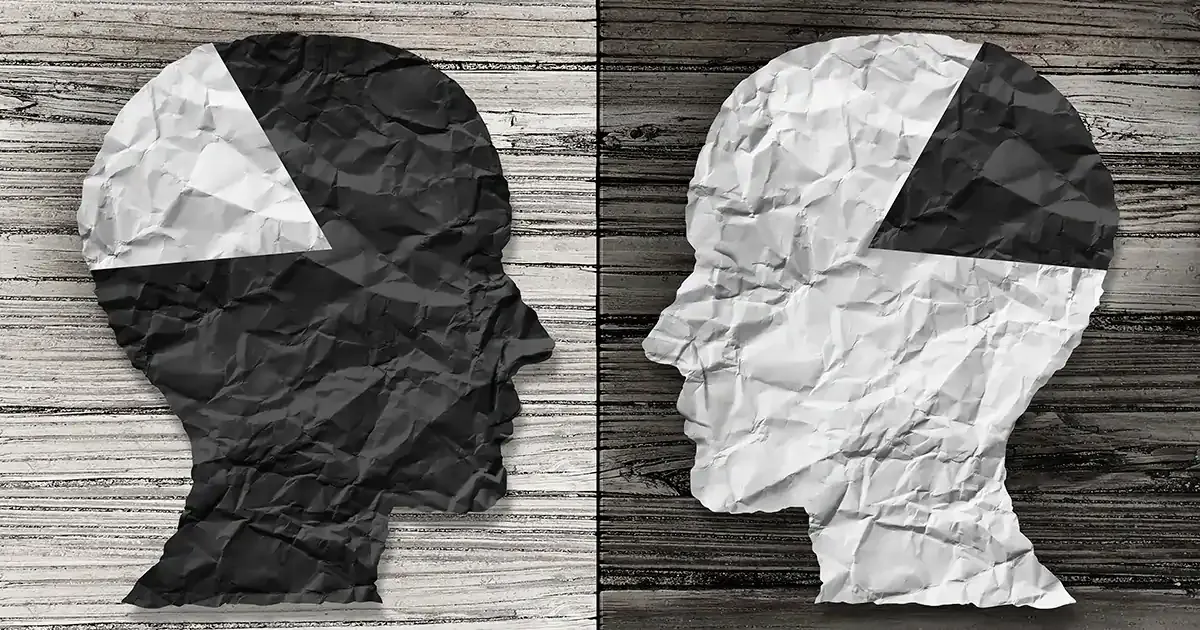
Here's today's hot take-- Bigotry is best understood as a behavior that only becomes an identity if the instance of bigoted speech or behavior is particularly severe, and/or if bigoted speech or behavior becomes a habit.
Think of being a reckless driver. Driving recklessly one time is bad. You would be justifiably yelled at for driving recklessly one time, possibly criminally charged if you're caught. You might well become known as a reckless driver for one particularly bad instance of reckless driving. But regardless, repeated acts of reckless driving makes it a bad habit. At that point, "reckless driver" becomes one of your identities.
In the same way, you're morally responsible for saying/doing racist things, and that will ramp up with the severity of the racist thing you said/did. You might well become known as a racist for one particularly bad racist thing you said/did. But regardless, repeated acts of racist speech/behavior makes it a bad habit. At that point, "racist" becomes one of your identities.
If you're familiar with virtue theory, I'm sort of riffing on that here. Aristotle described virtue as a kind of habit that a person cultivates through...well, practice. And like any good habit, that usually has to be deliberate, while bad habits are often (but not always) formed by not thinking about them, of falling into lazy easy patterns of behavior.
Everybody's vulnerable to developing bad habits. We tend to think of bad habits as merely bad for ourselves, but as with the example of reckless driving, they definitely don't have to be. You might, for example, have a habit of parking in "disabled" parking spaces when you don't need to do so. You might have a habit of littering. You might have a habit of crossing the street when you see a black person walking toward you in the opposite direction. You might have a habit of talking down to women. You might have a habit of cracking jokes about gay couples you see in public.
As I said, these actions can have different levels of intentionality. They can be more or less deliberate. But regardless of how deliberate they are, they do affect other people adversely, and that's what matters.
Understanding bigotry in these terms makes it easier to get your mind around the concept of systemic bigotry, which doesn't require any overt intentionality on the part of anybody within that system. The bigotry is reflected in the disparity found in those impacted by the system, what is generally called the "outcome."
If pregnancies in black people are significantly more likely to end in death of the pregnant person than when that person is white, that's indicative of systemic racism in the healthcare system. It doesn't require that any particular doctor, nurse, or any other person involved be overtly racist-- rather, this disparity is the result of the cumulative effect of probably a large number of mostly unconscious factors. If a patient complains and you don't really take her seriously. If you don't spend as much time with her as you do with other patients. Factors like this.
"Well, what if it's actually because there's an enormous racial wealth gap and black people just can't afford the level of care that white people get?"
That's certainly a good indication that the systemic bias doesn't just exist in the healthcare system.
Systems can have habits too, and I think that when systems have bad habits, they're exponentially harder to correct, because there are other biases at play here, like attribution bias. People want to assume that if something harmful is alleged to have been done, there are specific people responsible, those people can be punished, and that will fix the problem.
But that assumption massively misunderstands how systemic bias works, and if you just get out your magnifying glass and root out whoever might've possibly said something that sounded racist one time, and fired them, that would not fix the problem.
Systemic bias exists when harm has been caused disproportionately to populations of people against whom that bias exists, and in that case, the system is responsible and needs to change. The system has a bad habit that has become an identity, and needs to acknowledge this (that's always the first step, whether you're one person or many) and correct it. That is literally the only way to end bad habits and create good ones.
Where did all of these thoughts come from? Many places, but right now I'm just sick and tired of seeing people (and sometimes systems) depicted as either bigoted or not-bigoted, and the distinction requiring that the bigotry be overt and intentional. If you insist on defining things that way, you will overlook the vast majority of harm caused as a result of these biases and be left with no tools to detect it, let alone address it.
Definitions do not come in "correct" or "incorrect." They're about usage and utility, and it is not useful to think of bigotry that way. Therefore, I think it's not just a good idea, but a moral obligation, to change our usage of these terms and concepts to focus on behaviors and impacts, harm caused, rather than fixating on identity and searching for demons to exorcize (or exculpate). It just doesn't work that way.